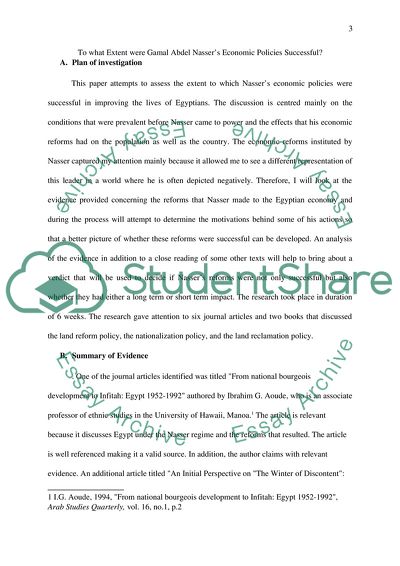Cite this document
(Gamal Abdel Nassers Economic Policies Essay Example | Topics and Well Written Essays - 3250 words - 1, n.d.)
Gamal Abdel Nassers Economic Policies Essay Example | Topics and Well Written Essays - 3250 words - 1. https://studentshare.org/history/1864460-to-what-extent-were-gamal-abdelnassers-economic-policies-successful
Gamal Abdel Nassers Economic Policies Essay Example | Topics and Well Written Essays - 3250 words - 1. https://studentshare.org/history/1864460-to-what-extent-were-gamal-abdelnassers-economic-policies-successful
(Gamal Abdel Nassers Economic Policies Essay Example | Topics and Well Written Essays - 3250 Words - 1)
Gamal Abdel Nassers Economic Policies Essay Example | Topics and Well Written Essays - 3250 Words - 1. https://studentshare.org/history/1864460-to-what-extent-were-gamal-abdelnassers-economic-policies-successful.
Gamal Abdel Nassers Economic Policies Essay Example | Topics and Well Written Essays - 3250 Words - 1. https://studentshare.org/history/1864460-to-what-extent-were-gamal-abdelnassers-economic-policies-successful.
“Gamal Abdel Nassers Economic Policies Essay Example | Topics and Well Written Essays - 3250 Words - 1”. https://studentshare.org/history/1864460-to-what-extent-were-gamal-abdelnassers-economic-policies-successful.


